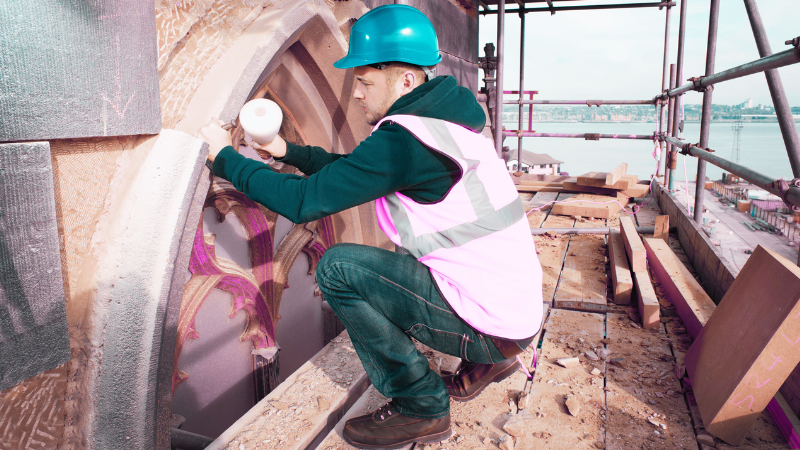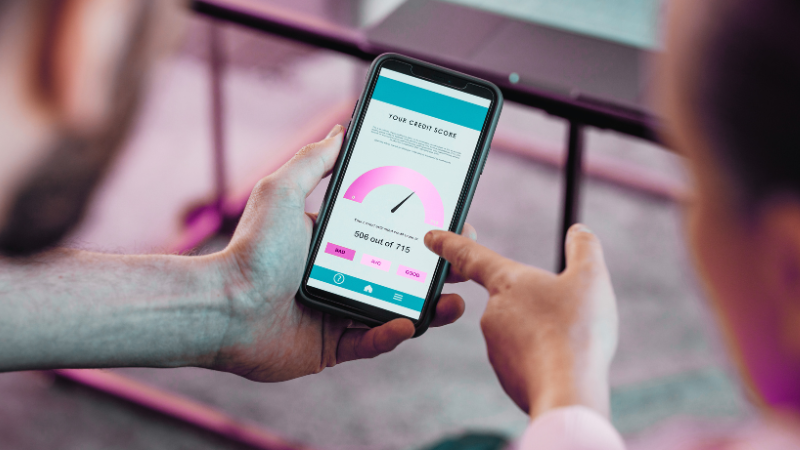A mortgage is among the biggest loans you’ll ever take out, and it can feel intimidating, especially if you’re a first-time buyer.
You need to ask yourself some vital questions before making your mortgage application to avoid stressful outcomes.
In this guide, we’ll explore what you should consider and the steps involved in the mortgage application process in the UK.
Mortgage Application Process
UK Steps – Before You Apply:
What’s Your Budget?
Knowing your budget can help you determine how much you can afford to borrow. You also need to have a price range in mind even if you haven’t decided on the specific property you want to buy.
Once you know the deposit size you can put down, you can determine how much you need to borrow to cover the rest of the property price.
A 20% deposit and higher is the standard for attractive mortgages in the UK, and most lenders can lend you up to 4 times your income. The bigger the deposit, the better the mortgage deal.
Other Costs Involved
Apart from the deposit, you may need additional fees to cover survey costs, stamp duty, broker fees, lender fees and legal charges.
Such amounts can mount up, so it’s wise to know how much they’ll cost you before embarking on the mortgage application process.
You can expect such costs to amount to around 2% to 3% of the house price.
Are You Mortgage Ready?
You can’t get a mortgage before you’re ready to buy a house, and it’s recommended that you first organize your mortgage before seriously looking for properties.
It involves getting your finances in order, doing your homework and getting advice from financial advisers or mortgage brokers to avoid any potential hiccups along the way.
You want to ensure you keep surprises to a minimum when buying a new home for a smooth experience.
Need more help? Check our quick help guides:
- Reasons why a mortgage could be declined on affordability.
- How reliable is a mortgage in principle?
- How do joint mortgages work?
- Can you get a mortgage on a fixed-term contract?
Step By Step Mortgage Application Process
Step 1: Find A Mortgage
Before you can buy a home, you’ll first need to find the right mortgage deal for you. There are various things to consider, including the mortgage type that best works for you and how long a deal you should go for.
A mortgage broker can benefit you in such decisions as they have access to the whole market. They can help assess your circumstances and provide different suitable mortgage options.
They can tell you which lenders are likely to accept your application and the types of products that best fit your requirements.
You can also shop around online or speak to different lenders directly before making your decision.
Step 2: Gather Your Documents
Several documents are required when applying for a mortgage, and it’s a good idea to gather important paperwork and have it ready to avoid delays in the process.
Lenders will need you to provide:
- Proof Of Identity – It can include a driver’s license or passport. Ensure the address on your driving license is up to date because an old address can lead to complications.
- Proof Of Address – You’ll need to provide at least two documents as proof of address. They can include a utility bill, bank statement, credit card statement or council tax bill. They must be dated within the last three months, and your name needs to be spelt consistently and correctly.
- Bank Or Credit Card Statements – Statements from the last three to six months will be required to show details of your outgoings plus any hire purchase or car finance agreements, loans, regular payments and expenditures. Lenders may ask for proof of how you’ve built up your deposit, and you may need to back up any unusual transactions.
- Proof Of Employment – You may need your P60 from your employer if you’re informal employment and at least three months’ worth of payslips. You’ll need details of your accounts and tax assessments from the last three years if you’re self-employed.
Recommended reading for mortgage hunters:
- Mortgage deposit gifts
- How much does a mortgage broker cost?
- Can you build on the green belt?
- Shortest term mortgage in the UK
- Buying a warehouse in the UK
- Porting a mortgage explained
- Transferring a mortgage
Step 3: Get A Mortgage Agreement In Principle (AIP)
A mortgage agreement in principle, also known as a decision in principle, can help your buying process go a lot smoother.
It refers to a lender agreeing ‘in principle’ to provide you with a mortgage subject to the approval and final checks of the property you intend to buy.
Having an AIP shows sellers you’re serious and ready to buy, which can help you negotiate and give you an edge against competitors.
The AIP will set your budget, enabling you to focus on houses within your price range instead of wasting time with unrealistic targets.
Getting an AIP is usually straightforward, and it involves the lender looking into your credit history to determine how much they can give you.
You can find a lender who only performs soft credit checks to keep hard credit checks to a minimum. An AIP lasts for six months, and if your property search takes longer, you may need to get a new one.
Related guides:
- Mortgage 5 times salary.
- Can you get a mortgage on land?
- Refurbishment mortgages.
- Part and part mortgages.
- HMO mortgages.
Step 4: Make A Formal Mortgage Application
Once you’ve found a property and your offer is accepted, you should apply for a mortgage formally. A mortgage broker can help arrange this for you. You’ll need to provide evidence of your identity, income, and current address.
An underwriter will verify your information while considering your application, and this can take varying amounts of time depending on the lender.
The lender will undertake a valuation on the property you intend to buy to confirm that it’s worth roughly what you intend to pay for it.
Depending on the outcome, your loan-to-value ratio may be affected, which can impact the interest rate you’re offered.
They’ll thoroughly check your paperwork and credit record, and the search will appear on your credit file. If the lender turns you down at this stage, it’s wise to find out why and wait for a while before you apply with another lender.
You risk significantly damaging your credit score when you make multiple mortgage applications in close succession.
Step 5: Receive A Formal Mortgage Offer
If everything is in order and there are no issues in the valuation and application process, the lender will provide you with a formal mortgage offer. Mortgage offers usually last for six months, and you can expect to receive an offer within four weeks of making your application.
You may find that the process takes longer if there’s an issue with the valuation, additional documents or information is needed, the lender is busier than usual, or your application is complicated.
It’s vital to fully go through and understand the terms and conditions of the contract.
A mortgage agreement lasts for many years, and the last thing you want is to get nasty surprises down the road. Ensure you’re happy with the mortgage product before making any commitments.
Once you accept the formal mortgage offer, you can instruct a solicitor to act on your behalf and undertake the conveyancing process.
You’ll be required to pay a deposit to the conveyancer and get ready to exchange contracts and legally transfer property ownership.
Nothing is guaranteed until you’ve exchanged contracts, so you want to avoid any delays at this stage.
The exchange of contracts involves two legal firms representing the buyer and seller swapping signed contracts and the buyer paying the deposit.
The agreement to buy or sell a property becomes legally binding at this point, and no one can back out of the deal.
Ensure the funds you’re going to use are ready and accessible, whether it’s from a family member or a savings account, and the property will be yours to own!
Quick help mortgage guides:
- Best offset mortgage rates UK
- Can you get a mortgage 7 times your salary?
- Contractor mortgages
- Best lifetime tracker mortgages
- Expat mortgages
- Mortgage repayments on a 300k a month mortgage
Mortgage Application Process Explained Final Thoughts
Following the above steps can ensure you complete the mortgage application process efficiently and smoothly.
It’s also important to always seek independent advice from FCA-registered mortgage brokers when choosing a mortgage.
Call us today on 01925 906 210 or contact us. One of our advisors can talk through all of your options with you.
Further reading:

















